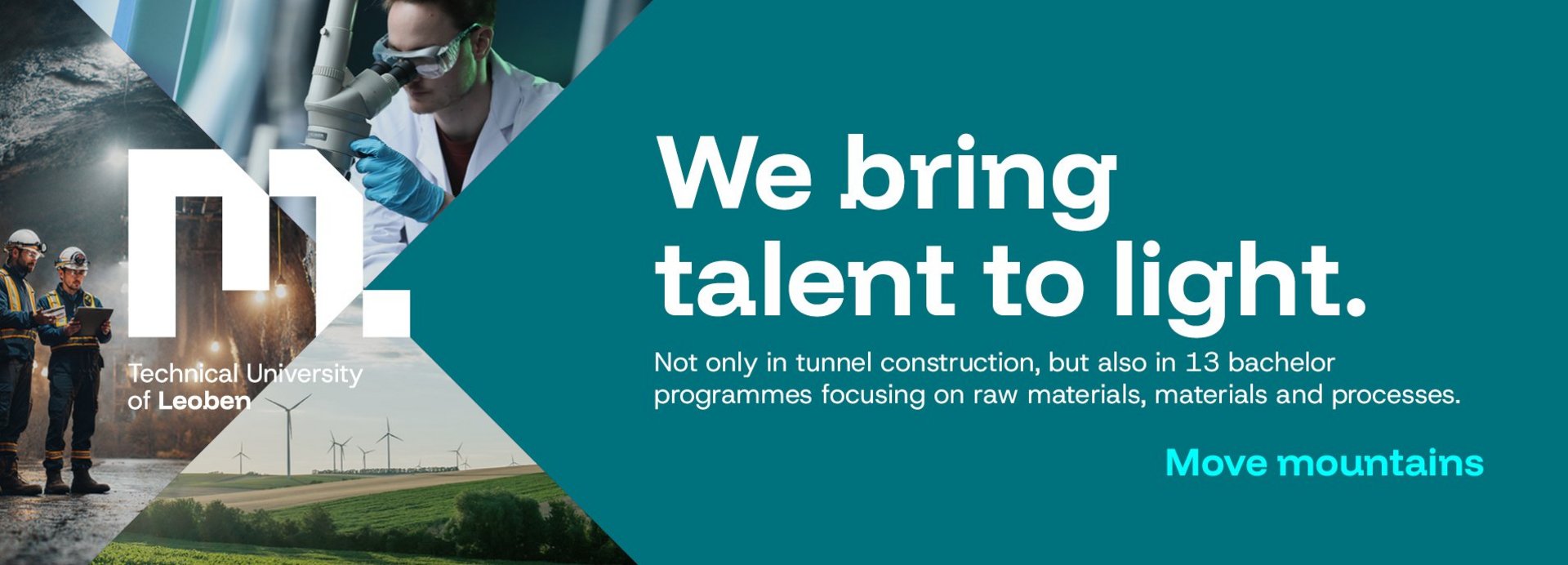Getting to the Root of the Problem
As humans, we have a serious impact on the Earth's ecosystem. The manufacture of products, the provision of energy and waste management have an impact on our environment and drive climate change. This means there is need for action in our society and it is up to young engineers and scientists to rethink and redesign industrial processes along the value chain.
Environmental protection technology follows two paths. On the one hand, primary measures are taken, such as replacing toxic substances in order to identify effects on the environment and the climate and to eliminate them as far as possible. Secondary measures, such as flue gas cleaning in industrial plants, focus on reducing environmental emissions.
The right programme for you?
The Environmental and Climate Protection Technology degree programme combines environmental protection and technology. You will learn how to introduce environmental technology measures into industry and thus drive the change towards a sustainable future.
Interest in natural and technical processes, curiosity about the function of technical processes, creative participation in their design and analytical thinking – these are important prerequisites for solving environmental technology problems.
What can you expect in the Environmental and Climate Protection Technology programme?
You will apply the knowledge you have acquired in various subject areas, including chemistry, physics, mathematics, environmental law, data processing and business administration, in the course of various laboratory exercises and industrial internships.
The basics you learn mainly in the Bachelor's programme form the basis for further specialisations in the Master's programme. That’s where you can concentrate on climate protection and process engineering or on environmental and waste engineering.
In process engineering, you will work on the development of systems for the treatment of pollutants, waste gases, waste water and waste that arise in the course of the industrial manufacture of products. In order to design technical solutions, an understanding of the production processes will be conveyed on the one hand, allowing, on the other hand an awareness of the corresponding process-related environmental effects to be formed.
Waste technology, in turn, is mainly concerned with the residual materials and waste that arise and their sensible recycling or recovery. In addition, eco-design approaches are used to make product life cycles more environmentally friendly already in the planning phase. Through these methods, waste is reduced and partly returned to the production cycle. Waste that cannot be recycled is used energetically (e.g. by converting chemical energy into electrical energy) in the course of proper thermal recycling.
What career opportunities are available to you after graduation?
Environmental and climate protection engineers from the Technical University of Leoben design industrial plants, monitor material flows (waste gases, waste water, etc.), advise companies and plan concrete measures for environmental and climate protection.
Graduates can work in a wide range of sectors, such as environmental technology, waste management, plant and mechanical engineering, chemistry, energy management, consulting as well as in authorities, NGOs and scientific institutions.
Study Information
Duration of study: 6 Semesters + 1 Semester Practice
ECTS: 210
Degree: BSc
Language of instruction: German
Semester plan: Environmental and Climate Protection Technology
More information and contact
Programme Director:
Univ.-Prof. Dr. Roland Pomberger
Lehrstuhl für Abfallverwertungstechnik und Abfallwirtschaft
Phone: +43 3842 402 5101
Website: www.avaw-unileoben.at
Marketing and Communication
Phone: +43 3842 402-7225
E-Mail: info@unileoben.ac.at
